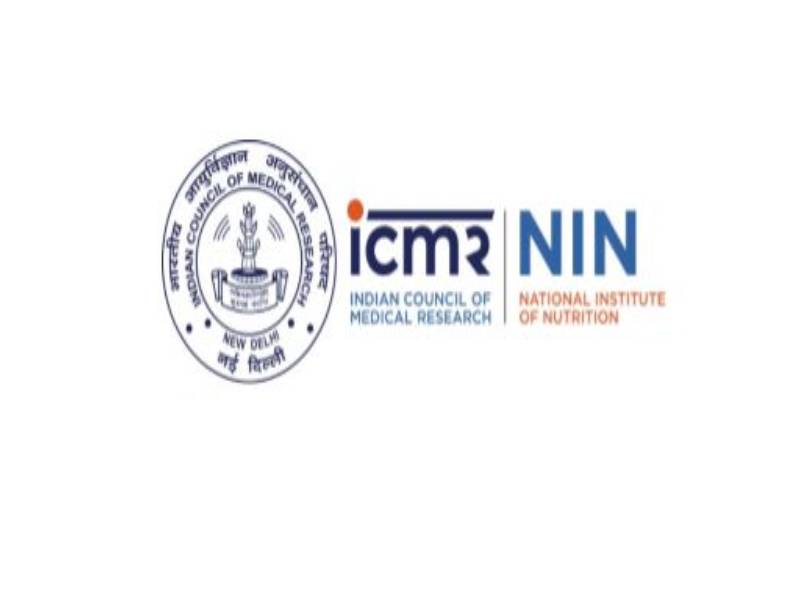Community transmission: ICMR begins COVID-19 sero-surveillance in Telangana
By Newsmeter Network
Hyderabad: In an attempt to research on COVID-19 community transmission, the Indian Council of Medical Research (ICMR) along with the National Institute of Nutrition (NIN) have begun district-level sero-surveillance in the country, of which Telangana is a part.
Sero-surveillance refers to testing the presence or absence of specific substances in the blood serum of a population. In Telangana, three districts have been selected for this survey, which include Jangaon, Kamareddy and Nalgonda.
For this study, a house-to-house survey has been initiated by the NIN. Ten villages will be randomly selected from each of the three villages. Out of each village, 40 adults including both men and women will be randomly covered for the study. The study will be repeated in four rounds in the same villages.
According to the ICMR and the NIN, sero-surveillance will be helpful for active case finding, testing and contact tracing. “Surveillance of anti-body based sero-positivity indicates the extend of spread of infection in the given population and the forms the basis for strengthening public health mitigation measures,” the health organisations said.
The organisation further added that this study will help understand the socio-demographic risk factors for the SARS-CoV-2 aka COVID-19 infection, and delineate the geographical spread of the infection in the general population and the hotspot cities. The study will also be useful in designing and implementing appropriate containment measures for COVID-19, said Dr. Hemalatha R, director of ICMR-NIN.
The ICMR had earlier announced that the sero-survey would be conducted in 69 districts of 21 states and Union Territories. Maharashtra, Rajasthan, Uttar Pradesh, Gujarat, Madhya Pradesh, Chhattisgarh, West Bengal, Assam and Bihar are some of the states where the survey will take place, ICMR said. The house-to-house cross-sectional survey is expected to study around 24,000 adults distributed across the states, based on random sampling. “Household-based studies can generate evidence on role of asymptomatic and mild infections in transmission,” the health research body added.